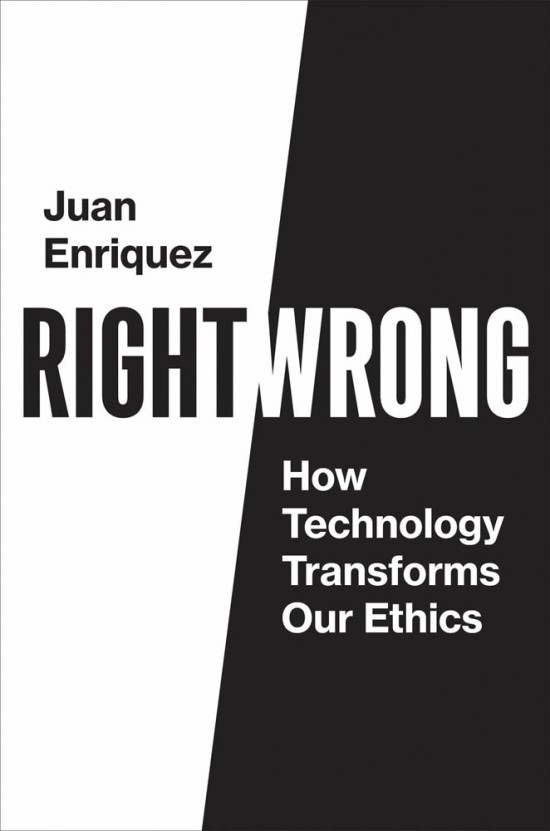Let me ask a provocative question — do our ethics change over time?
Consider — about a third of the population of ancient Rome consisted of slaves, but today we know slavery is wrong. Also, at one time, birth control was illegal in this country, but today it’s an accepted, even encouraged, practice. The same can be said for interracial marriage.
Clearly, the answer to my question is a resounding YES! Our ethical standards do change over time, sometimes drastically.
So what could be driving these changes? Are we getting smarter? Or could it have something to do with how our technology advances? I started thinking about this when I discovered a new book, Right/Wrong: How Technology Transforms Our Ethics by Juan Enriquez, which presents a case for just that — many ethical shifts through the ages have been driven by advances in technology.
So if our ethics really are influenced by technology, how could be our right/wrong code change in the future?
— Plant-based meat substitutes are now becoming of acceptable quality and competitive price. Will the next generation decide it’s unethical to slaughter millions of animals strictly for food?
— Currently, the thought of genetically modified children is repulsive in our society. But as our understanding of the human genome increases, will it become unethical not to genetically engineer children so as to lessen, or even eliminate, their chances of contracting certain diseases?
— Will expectant mothers still carry their children-to-be in utero? Or someday will fetuses develop in something akin to a sophisticated Ziploc bag a woman will simply carry with her? If technology can give us in-vitro fertilization, why not an external womb?
The quote “Change is the only constant” has been attributed to the ancient Greek philosopher Heraclitus. Ethically, for better or worse, It continues to be even truer today.

